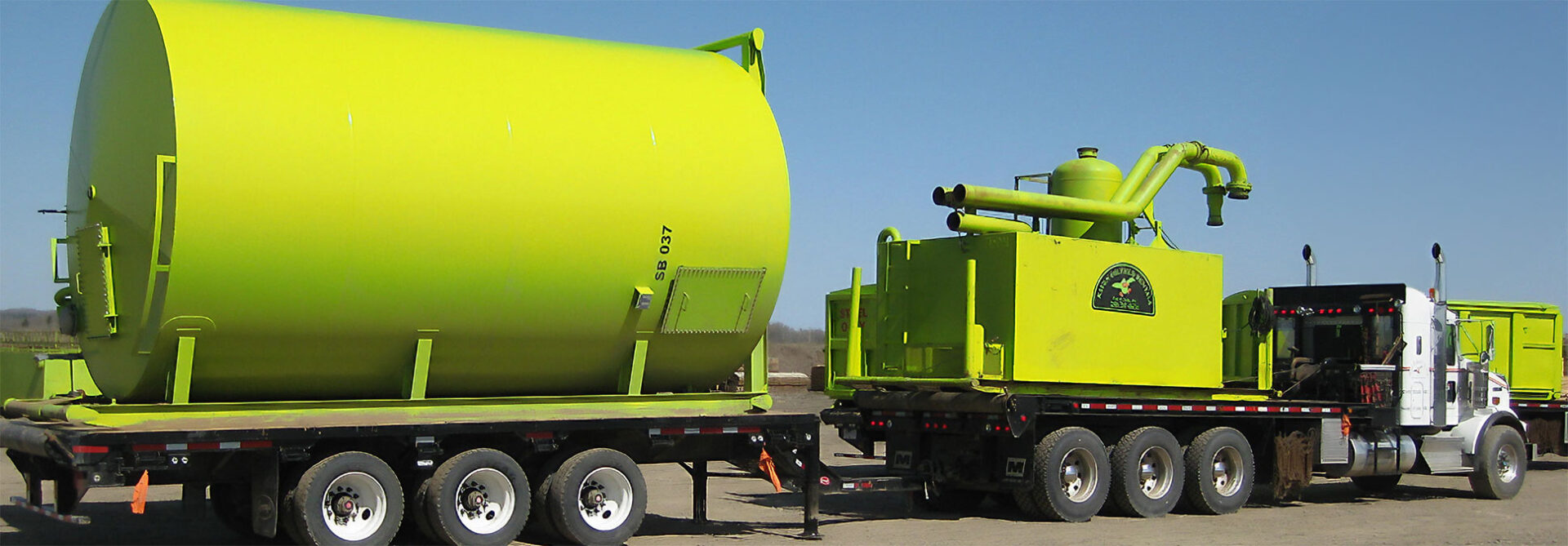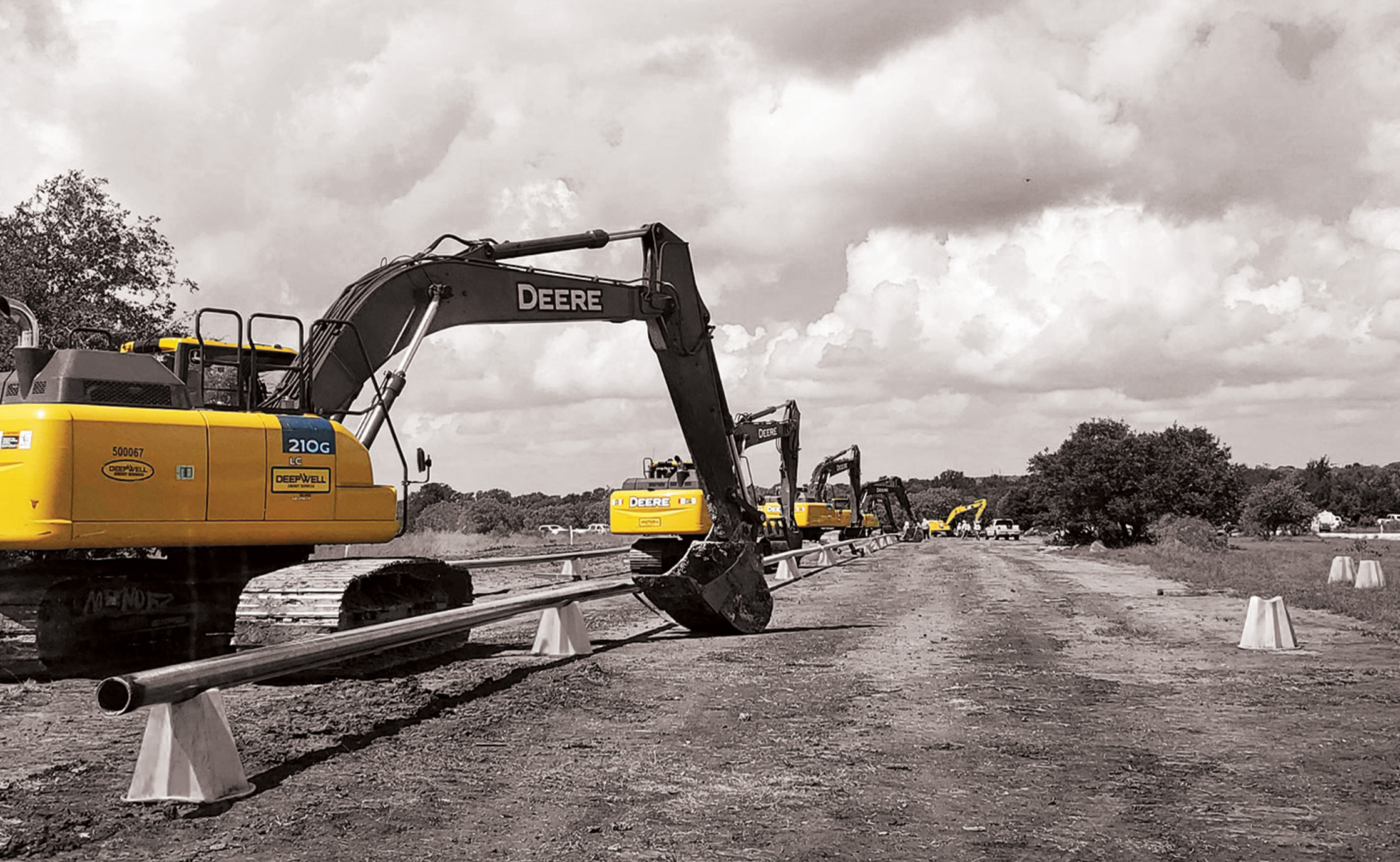Superior rentals squeeze tools: practical applications you should know
A Comprehensive Guide to the Numerous Kinds Of Oil Field Equipment and Pipeline Equipment Available
The oil and gas market depends heavily on specific devices for effective removal and transport. Numerous kinds of machinery, from drilling rigs to tank, play crucial functions in this intricate process. Each tool serves distinct features that contribute to general operational success. Comprehending these components is crucial for any person included in the sector. As the market evolves, so too do the modern technologies that sustain it. What developments are on the horizon?

Drilling Rigs: The Foundation of Oil Exploration
Drilling rigs act as the important equipment in the domain of oil expedition, allowing firms to gain access to hydrocarbon gets buried deep beneath the Planet's surface area. These rigs come in different kinds, including land rigs, offshore rigs, and mobile systems, each made to operate in certain atmospheres. Equipped with sophisticated modern technology, piercing rigs can penetrate geological formations with accuracy, ensuring efficient source removal. The structural stability and operational abilities of these rigs are essential, as they should stand up to extreme conditions and considerable stress. The selection of a drilling rig affects the total task price and timeline, making it an essential factor to consider for oil business looking for to optimize their expedition efforts and make best use of performance in their operations.
Pumps: Essential for Fluid Movement
In the oil removal process, the role of pumps is significant, helping with the movement of fluids throughout different phases of production. Pumps are important for transporting petroleum, water, and various other liquids from below ground reservoirs to the surface area and after that through pipes to refineries. They can be found in various types, including centrifugal, favorable displacement, and completely submersible pumps, each offering particular purposes based upon the fluid characteristics and operational needs. Centrifugal pumps are generally made use of for their effectiveness in high-flow applications, while favorable variation pumps master dealing with viscous liquids. The selection of pump influences total performance, operational safety and security, and maintenance costs. Correct selection and upkeep of pumps are important for optimizing manufacturing and minimizing downtime in oil area operations.
Valves: Managing Circulation and Pressure

Shutoffs play a vital function in managing the flow and stress of liquids within oil areas and pipelines. Different kinds of shutoffs offer distinctive applications, each created to accomplish specific functions fundamental for effective procedure - Superior Rentals fusion machines. Recognizing the characteristics and uses these valves is crucial for maximizing system efficiency and safety and security
Kinds of Valves
Essential elements in oil field procedures, shutoffs play a critical duty in regulating the circulation and stress of liquids within pipelines and equipment. Various sorts of shutoffs are utilized to satisfy the diverse requirements of oil and gas production. Usual kinds consist of gate shutoffs, which offer a straight-line circulation and marginal stress drop; world shutoffs, understood for their strangling abilities; and round valves, acknowledged for their quick on/off control. Furthermore, check valves protect against backflow, while butterfly shutoffs use a lightweight service for regulating circulation. Each valve kind is designed with details products and setups to endure the harsh conditions frequently located in oil areas, guaranteeing reliability and performance in operations. Understanding these kinds is vital for effective system monitoring.
Valve Applications and Functions
While numerous kinds of valves offer unique objectives, their primary applications focus on managing circulation and pressure within oil and gas systems. Valves such as gateway, world, and ball shutoffs control liquid motion, guaranteeing peak efficiency and safety and security. Entrance valves are commonly made use of for on/off control, providing marginal circulation resistance. Globe shutoffs, on the various other hand, offer specific flow law, making them ideal for strangling applications. Ball valves are preferred for their quick operation and limited sealing abilities. Additionally, pressure safety valve are vital for preventing system overpressure, guarding equipment stability. Overall, the proper option and application of valves enhance functional performance, guaranteeing the reliable transport of oil and gas with pipes and processing centers.
Compressors: Enhancing Gas Transport
Compressors play a critical role in the efficient transportation of gas, ensuring that look at here it relocates efficiently through pipelines over fars away. These tools enhance the pressure of all-natural gas, permitting it to overcome rubbing and altitude adjustments within the pipeline system. In addition, compressors facilitate the harmonizing of supply and need, accommodating fluctuations in consumption and manufacturing prices. Numerous kinds of compressors are used in the sector, consisting of centrifugal, reciprocating, and rotating screw compressors, each offering distinct advantages based on the operational demands. Routine maintenance of these compressors is necessary to maximize performance and lessen downtime, inevitably contributing to a trustworthy gas transportation network. hop over to these guys Their vital feature underscores the importance of compressors in the overall oil and gas framework.
Storage Tanks: Safe and Effective Liquid Administration
Effective transportation of all-natural gas relies on numerous sustaining systems, among which is the appropriate monitoring of storage space containers. These tanks play a vital duty in safely containing liquids, making sure that operational effectiveness is maintained while decreasing ecological risks. Created from resilient products, they are created to hold up against high stress and destructive elements. Effectively sized and purposefully located, tank promote the smooth flow of gas and various other fluids, protecting against bottlenecks in supply chains. Regular upkeep and tracking are vital to discover leaks or architectural problems, advertising security and conformity with governing requirements. Inevitably, the effective administration of storage space tanks is critical for the overall honesty and dependability of the oil and gas industry's fluid handling systems.
Pipeline Solutions: Facilities for Transportation
Pipeline systems act as the foundation of the oil and gas sector, helping with the effective transport of hydrocarbons over substantial ranges. These systems consist of different components, consisting of pipelines, shutoffs, pumps, and compressors, all carefully designed to assure smooth flow. The products used in pipeline construction, commonly steel or high-density polyethylene, are picked for toughness and resistance to rust. Pipeline networks can span throughout land and water, connecting production websites to refineries and circulation. In addition, advanced innovation makes it possible for real-time tracking of flow prices and stress degrees, enhancing operational effectiveness. The strategic positioning of these pipes decreases environmental impact while making best use of source access, consequently playing a vital duty in conference power needs around the world.
Safety And Security Equipment: Making Certain Worker and Environmental Management
The operation of pipeline systems, while vital for energy transportation, additionally offers considerable safety and security difficulties for workers and the atmosphere. Safety and security equipment plays a significant function in reducing these threats. Personal safety equipment (PPE) such as headgears, gloves, and non-slip footwear safeguards employees from physical hazards. Additionally, gas discovery systems keep an eye on for leakages, making sure that unsafe materials do not present a threat to employees or the surrounding community. Emergency situation closure systems are crucial for rapidly stopping operations throughout a dilemma, protecting against possible catastrophes. Spill containment products, consisting of absorbents and obstacles, are essential for reducing environmental influence. Generally, buying all-encompassing safety and security tools is critical for keeping click this site operational honesty and securing both workers and the setting in the oil and gas field.

Regularly Asked Inquiries
Just how Do I Select the Right Oil Field Equipment for My Job?
Selecting the best oil field tools entails examining job specs, budget plan restraints, and functional needs. Take into consideration variables such as equipment reliability, compatibility with existing systems, and the supplier's track record to assure peak efficiency and security.
What Are the Upkeep Demands for Oil Field Equipment?
Upkeep needs for oil field devices include regular examinations, lubrication, and timely repair services. Operators needs to likewise comply with producer guidelines, display efficiency metrics, and assurance compliance with safety laws to enhance long life and effectiveness.

Just How Can I Ensure Compliance With Environmental Regulations?
To ensure compliance with environmental guidelines, business have to carry out routine audits, carry out best techniques, invest in training, maintain proper documents, and remain upgraded on legislation (Superior Oilfield Rentals oilfield). Collaboration with environmental companies can also boost adherence to regulations
What Is the Ordinary Life-span of Pipeline Equipment?
The ordinary lifespan of pipeline equipment typically ranges from 20 to 50 years, depending on elements such as material high quality, environmental problems, and upkeep techniques. Routine evaluations can substantially affect durability and operational efficiency.
How Do I Securely Transfer Oil Field Equipment to Remote Locations?
Moving oil area equipment to remote places calls for cautious preparation, consisting of course assessment, protecting authorizations, using ideal cars, and making sure security procedures are followed. Appropriate training and communication among staffs are necessary for successful transport.